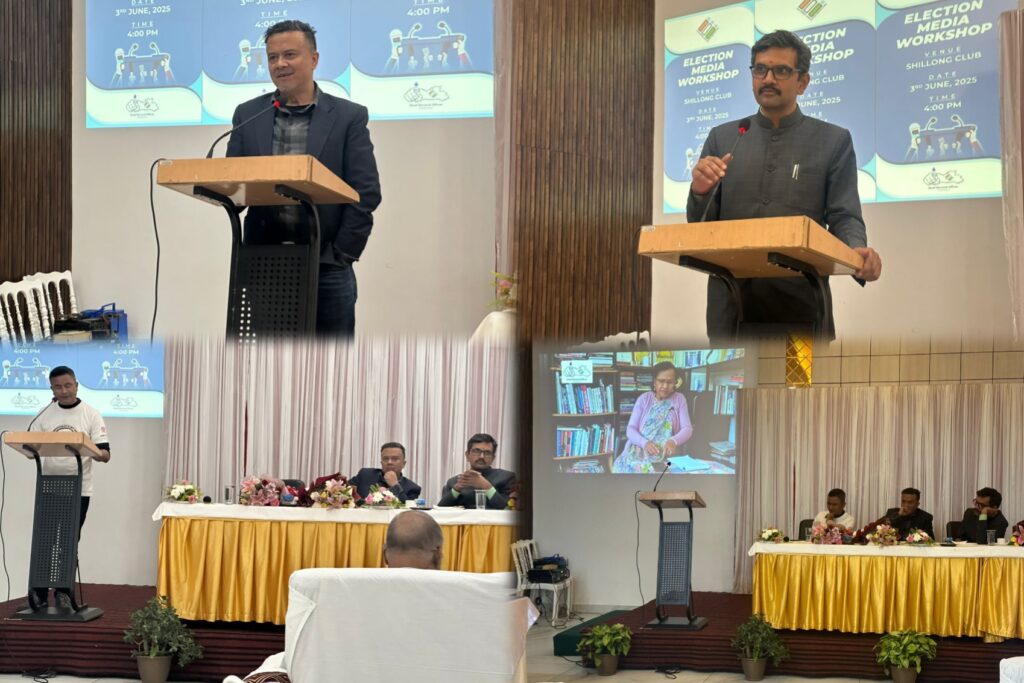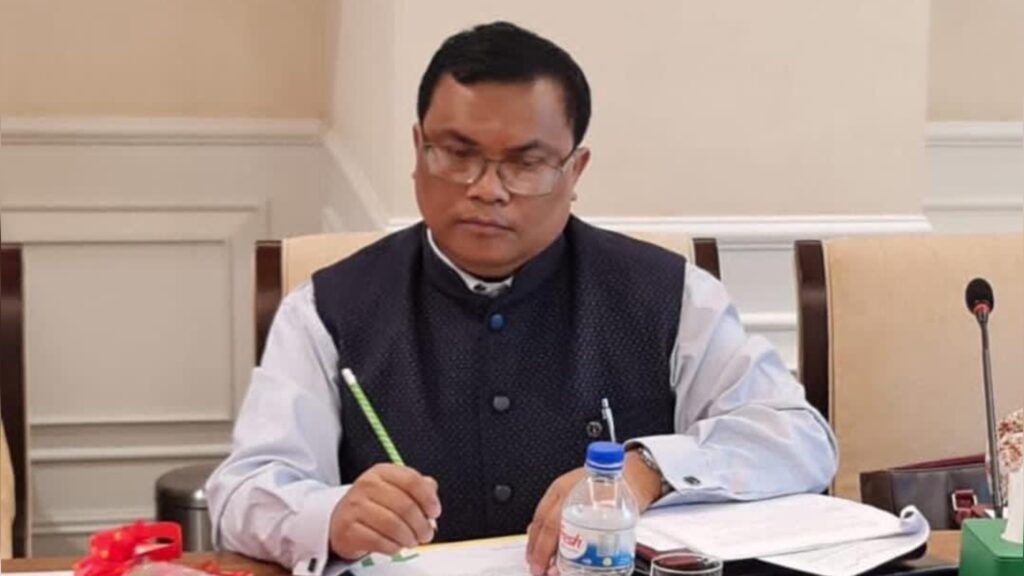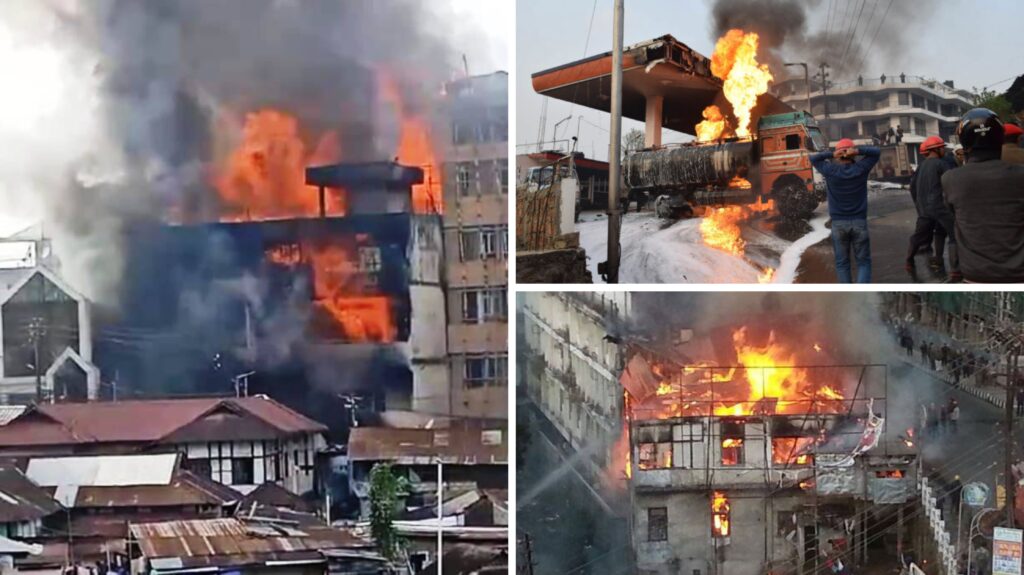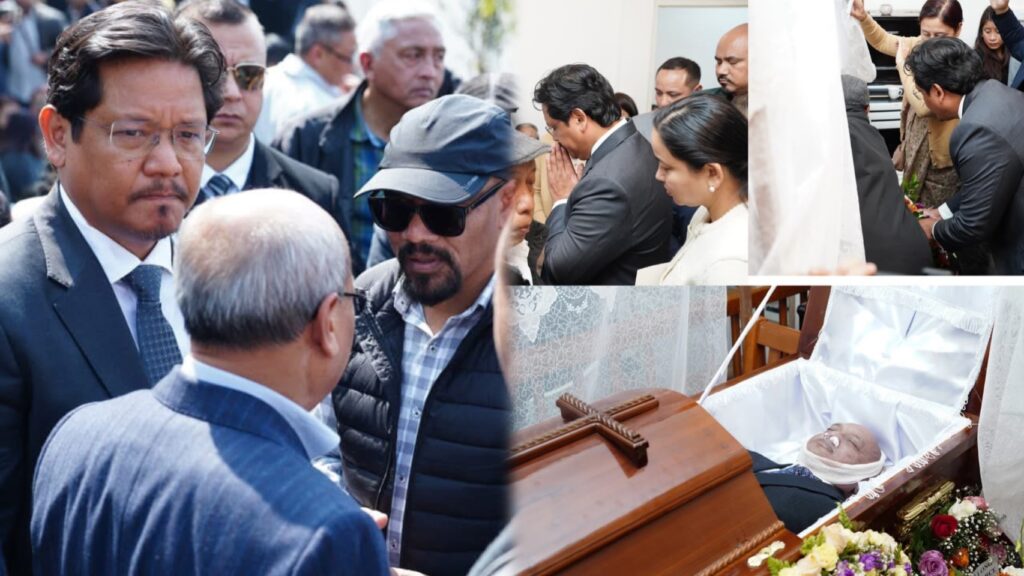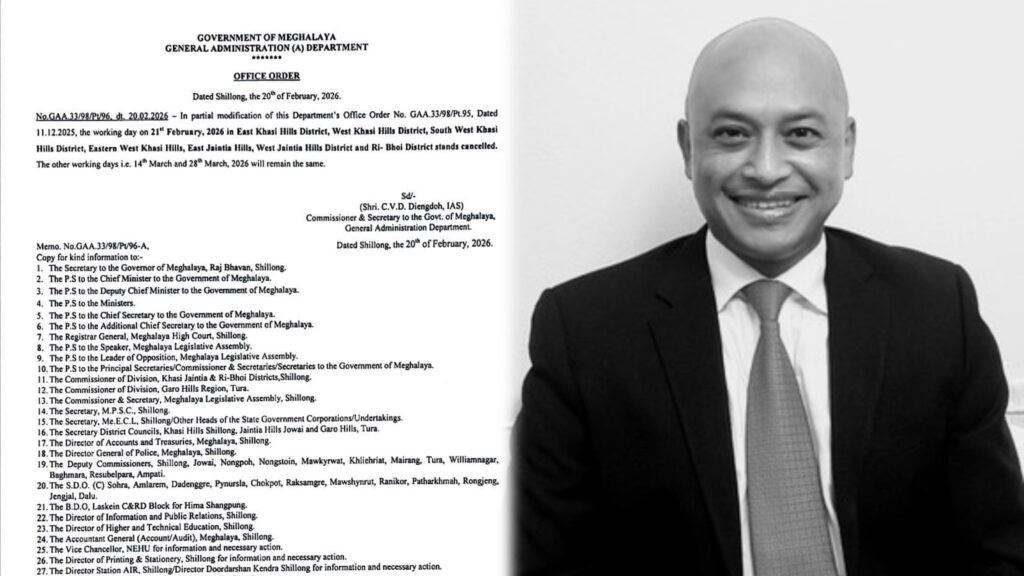Shillong, May 3 : The Office of the Chief Electoral Officer (CEO), Meghalaya, today organized an Election Media Workshop in Shillong, aimed at strengthening collaboration with local media and equipping journalists with knowledge of existing and new Election Commission of India (ECI) initiatives.
Dr. BDR Tiwari (IAS), CEO Meghalaya, led the workshop, administering the Voters’ Pledge and briefing media on the importance of close cooperation. Dr. Tiwari stressed that “correct narratives are key to reach the people and alongside that is the managing of perceptions,” highlighting the necessity of a strong partnership between the media and the Election Department or ECI. He also underscored the ECI’s efforts to ensure polling stations are within 2 kilometers of voters and initiatives like home voting and other amenities at polling stations.
The workshop emphasized the multifaceted role of media in elections, serving as an information conduit, a platform for political discourse, and a watchdog for fairness. Media’s influence extends from disseminating candidates’ platforms to framing political narratives, making its integrity critical for informed voter engagement and upholding democratic principles. The ECI has established guidelines to regulate media conduct, ensuring ethical standards and a free and fair electoral process.
B. Sohliya, DIPR Director & Secretary, spoke on the need for public understanding regarding the differences between various election systems, such as electing MDCs and MLAs/MPs. YR Mawlong, Joint CEO Meghalaya and Media Nodal Officer, welcomed the media, urging them to be election partners not just during election periods but throughout the year to cover ECI activities in the public interest. She highlighted key roles of media, including voter education, providing candidate and party information, real-time updates, fostering voter engagement, and ensuring accountability.
Media representatives and journalists from print and electronic media houses attended the workshop, showing keen interest in ECI media guidelines. Senior Journalist Philip Marwein emphasized the responsibility of journalists to perform their duties “correctly and truthfully without fear or favour.” Marwein also pointed out the lack of awareness among citizens and the issue of physical distance between voters’ villages and polling stations, suggesting the ECI address this gap.
Padmashri Patricia Mukhim, Editor of The Shillong Times, delivered a video speech, urging citizens to exercise their franchise. She highlighted the media’s role in informing the public about candidates’ profiles and party ideologies, facilitating voter questions, and conducting panel discussions to reflect the true spirit of democracy. Social media influencer Nicholas Kharnami of ‘Meghalaya my Pride’ discussed the potential of social media to reach Gen Z and Gen Alpha.
The media was briefed on its role in providing accurate information to voters about candidates, party policies, and electoral logistics. While comprehensive reporting can enhance voter access to information, the challenge lies in the volume and varying credibility of content, where misinformation can easily proliferate and undermine the democratic process. Thus, responsible journalism, emphasizing accuracy, fact verification, and impartiality, is paramount.
ECI guidelines also extend to paid news and political advertising, mandating transparency in media sponsorships. Paid news, disguised as journalism, can mislead voters and distort the democratic process. By regulating media financing, the ECI aims to ensure coverage is rooted in journalistic integrity. Penalties for violations of these guidelines underscore the seriousness with which the ECI views media conduct in elections.
The workshop underscored media’s invaluable role in shaping public dialogue and influencing voter decisions. This power comes with the responsibility of adhering to ethical standards and fairness in reporting. ECI guidelines are vital for regulating media conduct, mitigating misinformation, and protecting the democratic process. Continuous efforts are needed to adapt these regulations to the evolving media landscape, ensuring election integrity in both traditional and digital spheres. Ultimately, a well-informed electorate, supported by responsible media, is essential for a vibrant democracy.

